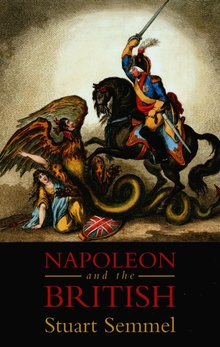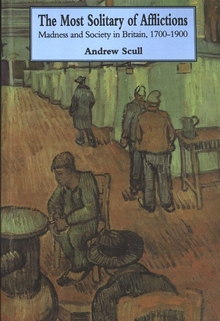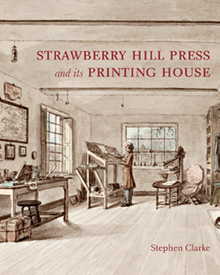Napoleon and the British
WARNING
You are viewing an older version of the Yalebooks website. Please visit out new website with more updated information and a better user experience: https://www.yalebooks.com
Stuart Semmel
What did Napoleon Bonaparte mean to the British people? This engaging book reconstructs the role that the French leader played in the British political, cultural, and religious imagination in the early nineteenth century. Denounced by many as a tyrant or monster, Napoleon nevertheless had sympathizers in Britain. Stuart Semmel explores the ways in which the British used Napoleon to think about their own history, identity, and destiny.
Many attacked Napoleon but worried that the British national character might not be adequate to the task of defeating him. Others, radicals and reformers, used Napoleon’s example to criticize the British constitution. Semmel mines a wide array of sources—ranging from political pamphlets and astrological almanacs to sonnets by canonical Romantic poets—to reveal surprising corners of late Hanoverian politics and culture.
Stuart Semmel is assistant professor of history at the University of Delaware.
[An] impeccably researched and well-crafted monograph. . . . There is an enormous amount to ponder and enjoy in Semmel's fine achievement."—Clive Emsley, American Historical Review
"The great merit of Semmel's book is that it reveals the complex discourse that lay behind the image. . . . Semmel has done us good service in bringing the other side out of the shadows. . . . Napoleon and the British tells us much that we need to know."—J.E. Cookson, H-France Review
"Napoleon and the British is engagingly written, providing insights for scholars and general readers interested in history and the media's role in shaping public opinion."—Dorothy Potter, History: Reviews of New Books
'Semmel succeeds admirably in re-examining British opinions of Napoleon. On a historiographical level, he also gives a significant critique to the overemphasis on loyalist sentiment in early nineteenth-century Britain. ... The history of British opinions of Napoleon turns out to be less simple than we thought.' - Noah Shusterman, H-War
“Semmel’s is the most revealing study of the country’s political, religious and social identity during this period to be published since Linda Colley’s Britons.”—Christopher Woodward, The Spectator
“A thorough and illuminating book.”—Paul Johnson, The Sunday Telegraph
Publication Date: October 11, 2004
14 b/w illus.







